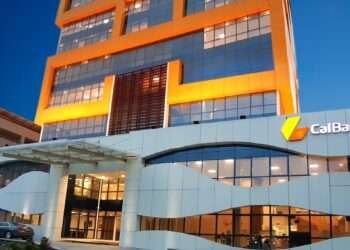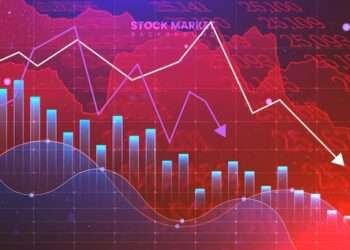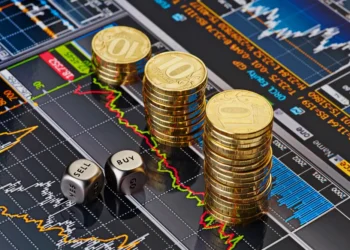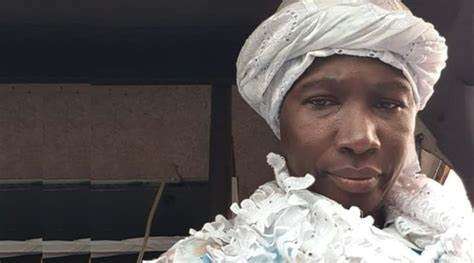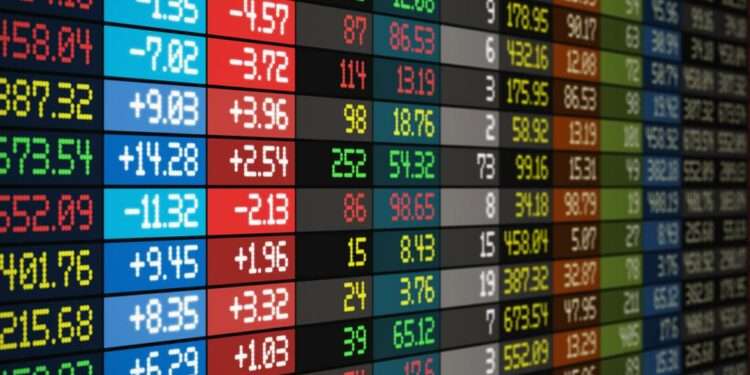The Ghana Statistical Service has said it is optimistic inflation rate will decline once all COVID-19 restrictions are eased. This follows a June inflation rate declining marginally to 11.2 percent.
The prices of goods and services soared when the government instituted a lockdown to curtail the spread of COVID-19 early this year. Government also decided to take part or full payment of the cost of electricity, depending on an individuals’ consumption rate from April to June. Water bill was fully absorbed by government in that period.
This according to an economic analyst, Emmanuel Amoah-Darkwah, increased the Consumer Price Index (CPI) by 3.2%. The CPI deals with the proportionate changes in the prices of a fixed basket of goods and services that households in Ghana consume.
However, to government statistician Prof Samuel Samuel Kobina Annim, the uncertainty now is more about how far COVID-19 could cause inflation to rise and how government will be able to ensure that the rate is stable.
“Indeed with the inflation figure that we are recording for July 2020 is an indication that we saw some spike as a result of COVID-19 and I don’t think we can contest that. I think the real question is how far off would we taper off and gradually we can come back to the 7.8 we were recording in March, February 2020.”
Prof Kobina Annim
He is however positive about the country’s inflation rate once the restrictions are eased.
“So definitely we are going to see a slow-down moving forward once we continue to ease restrictions and we begin to return to normalcy, business is in full gear {and} output of goods and services are on the market, the variation between demand and supply would be bridged.”
He reiterated the Service’s optimism but again highlighted the dubiousness of the turbulent times we are currently in.
“We are going to see a return to normalcy but the real question is how fast that will happen and to what extent?”
Prof Kobina Annim
The mandate to device and carry out monetary policy to ensure that price stability is achieved, is solely in the ambit of the Bank of Ghana.
As such, the actions of the Bank of Ghana has a significant bearing on inflation. When a Deputy Governor of the bank, Elsie Addo Awadzi was asked last week if the bank will review its inflation target, she said,
“I cannot say.
“The monetary policy committee must meet, given the data before it and the outlook as it perceives it, it will make a decision.”
The monetary policy committee has not met.
The elusive nature of the times and the rising number of COVID-19 cases in the country makes the GSS’s optimism ambiguous. More so, when economic analyst Amoah-Darkwah, has emphasized elsewhere that,
“prices of goods and services might not decline as fast as expected in the short-term as Covid-19 pandemic lingers.”
He has even posited that this may also hike the inflation of imported products and “negatively” affect “the price competiveness at Ghana’s port.”
To prevent worsening price volatility, Mr Amoah-Darkwah has advised government to be circumspect in its spending and prevent corruption in this chaotic times.
“As revenue mobilization remains low as a result of the pandemic, the government should rationalize expenditure and avert procurement induced corruption in this crisis. Food inflation can be reduced by investing in the agriculture value chain by both government and the private sector. Effective implementation and widening the basket of foods cultivated under the government’s flagship program -Planting for Food and Jobs, during this pandemic will help reduce prices of food.”



